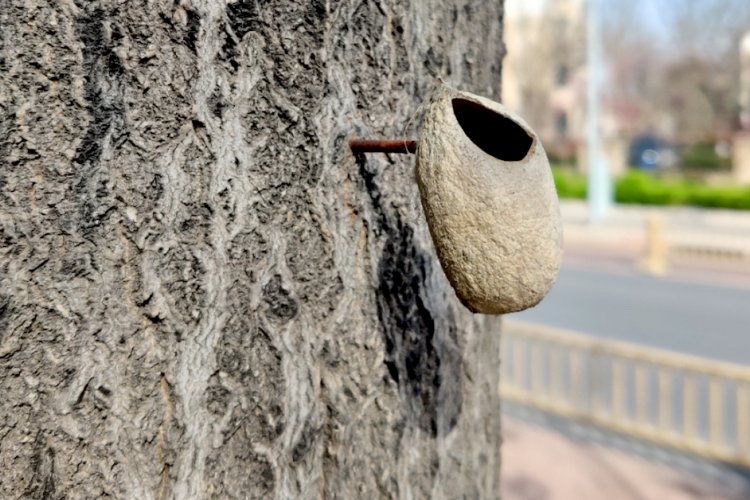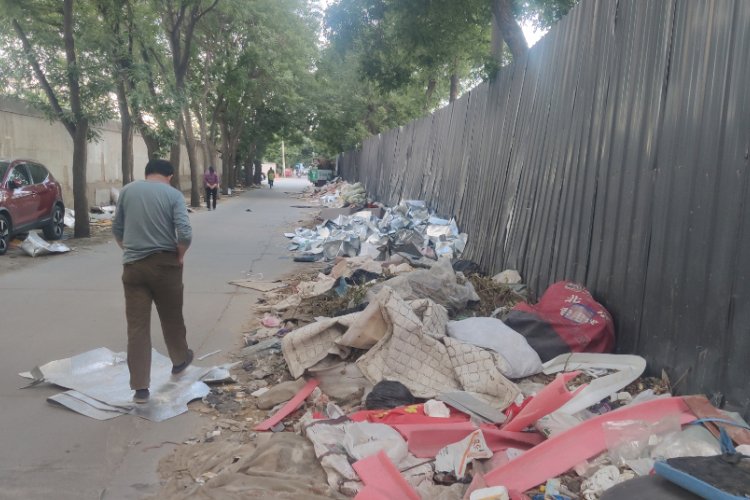The Dirt on Recycling
Back in September 2007 when I made my first investigation into recycling in China, my motive was pure fascination.
Never before had I seen such meticulously gung-ho nannies collecting discarded reusables, willing to risk life and limb to get that empty bottle across the street. Never before had I seen three-wheeled bikes like these: overflowing with cardboard, scrap metal, and yesterday’s Wahaha bottles, all tied together with flimsy twine. Not to mention Lao Wang, the wiry man who somehow pedals these small mountains on to their mysterious destination. I quickly found out their motive was pure economics.
Back in New Jersey, we religiously brought our bins of bottles, cardboard, and newspaper out to the curb every Thursday. But we never saw a penny for our labors of collection and separation – in fact, our tax dollars paid for the recycling trucks to come pick this stuff up because it was all part of a bigger plan to “save the environment.”
Don’t mention that phrase to Lao Wang if you’re expecting anything more than a blank stare. Scavenging, transporting, and sorting discarded recyclables is the job description for 160,000 workers in Beijing, almost all of them migrants. That’s about 1 percent of Beijing’s population and an even larger percentage of its migrant population.
They’re in this business because there is money to be made and a demand for these materials. Scrap metals are well sought after by smelters, and those plastic bottles aren’t just remade into more plastic bottles. They become the artificial fleece you bought at Silk Street last week, the rugs at your low-grade office space, the bubble-wrap envelopes that your mom sends you care packages in.
The unfortunate news is that this industry is just as tied to the global economy as any other, if not more. Every collector sells to a scrap yard, every scrap yard to a factory, every factory to a consumer; in China’s case, a large majority of consumers are foreign. With the economic crisis, consumer demand has fallen abroad, and this has affected every player in the supply chain, especially the collectors who receive the lowest margins for the hardest work.
Prices for scrap metal, paper, and plastic started collapsing as early as October last year and nearly hit rock bottom in January. Word on the street is they’re starting to recover here and there, but it’s tough to say for sure.
Meanwhile, at a press conference late last April, Vice Premier Li Keqiang encouraged domestic companies to recycle more in order to “cultivate new areas of economic growth.” Similar to the country’s stimulus plan, he’s looking to replace lost foreign demand with new domestic demand. If all goes to plan, Lao Wang will soon be working double shifts.
Read more of John Romankiewicz's work at ChinaGreenBeat.com






